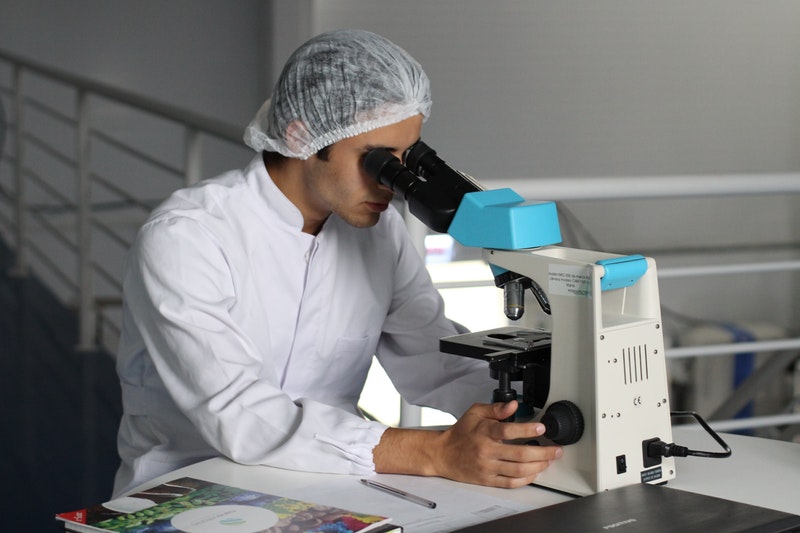The liver is one of the most essential organs of the body and plays a key role in the body’s metabolic activities. For instance, liver detoxifies the blood, stores vitamins and produces different enzymes and hormones for different body metabolism. Whatever is consumed by the body including the medicine is metabolized in the liver. However, any malfunction in the liver can cause various liver diseases.
According to WHO (World Health Organization), liver diseases affect millions of people worldwide. Many different factors are responsible for different types of liver diseases. Some common causes of liver diseases are excessive intakes of alcohols and drugs, bad lifestyle choices, continuous intake of unhealthy food over a long period of time, and obesity, etc. The following article discusses the various symptoms and treatments of hepatitis, a severe liver disease.

Hepatitis is one of the liver diseases in which the virus infects and causes inflammation in the liver cells. However, there are many viruses responsible for causing different kinds of hepatitis. The most common virus is hepatitis A — this is generally found in children and is present in the stools of infected individuals. When a person eats contaminated food or drinks contaminated water with the hepatitis A virus (HAV) — the virus enters into the body. In other words, HAV is associated with unsanitary living conditions. On the other hand, the Hepatitis B virus (HBV), called serum hepatitis is infected through body fluids such as blood, saliva, and breast milk. The HBV enters into the body through the contaminated blood transfusion, contaminated needles or syringes. And Hepatitis C Virus (HCV) also enters into the body through the contaminated blood transfusion or through sexual contact.
Symptoms of Hepatitis
In the early stage, hepatitis may cause flu-like symptoms such as loss of appetite, weakness, muscle aches, and diarrhea, nausea, slight abdominal pain, etc. These symptoms of hepatitis are collectively called the acute phase. This phase is not generally dangerous, but in some patients, this may cause liver failure and death. As the disease progresses, chronic hepatitis can lead to liver failure, resulting in jaundice and liver cirrhosis, etc.
Jaundice Symptom
Jaundice is one of the most common symptoms associated with viral hepatitis. It is characterized by the yellowing of the skin and the whites of the eyes. Jaundice is the consequence of too much bilirubin in the blood. It is a yellow-pigmented substance formed from the metabolized RBC (Red Blood Cell). As RBC enters into the spleen, it is broken down and formed into bilirubin, which the liver uses to form bile. In general, the excess bilirubin is excreted out through urine or stools. However, if there is any obstruction in the liver ducts due to the infection of hepatitis viruses, bilirubin is accumulated in the blood and causes yellowing of the skin and the eyes.
Liver Cirrhosis Symptom
Cirrhosis is a severe liver disease that occurs when healthy liver cells are damaged and replaced by scar tissue due to hepatitis viruses or excessive intake of alcohol. As scar tissues are formed in the liver, the organ loses its ability to function properly leading to severe damage and liver failure.
Treatment options for Hepatitis
There is no specific treatment for the acute symptoms of hepatitis. Doctors often recommend bed rests, healthy and balanced diet, and avoidance of alcoholic beverages. Besides, fatty foods are not recommended. Medications may include vitamins and pills to reduce vomiting and nausea. Contraceptive pills should be avoided as that may further cause injury to the liver cells.
It is important to take preventive measures to avoid hepatitis. Good personal hygiene and proper sanitation can help prevent liver diseases. A great deal of awareness and doctor’s advice is required to prevent liver infection.